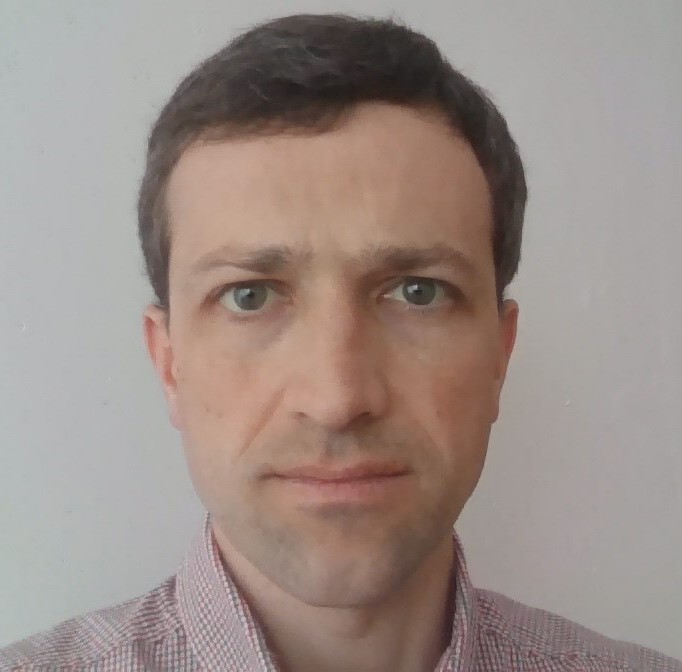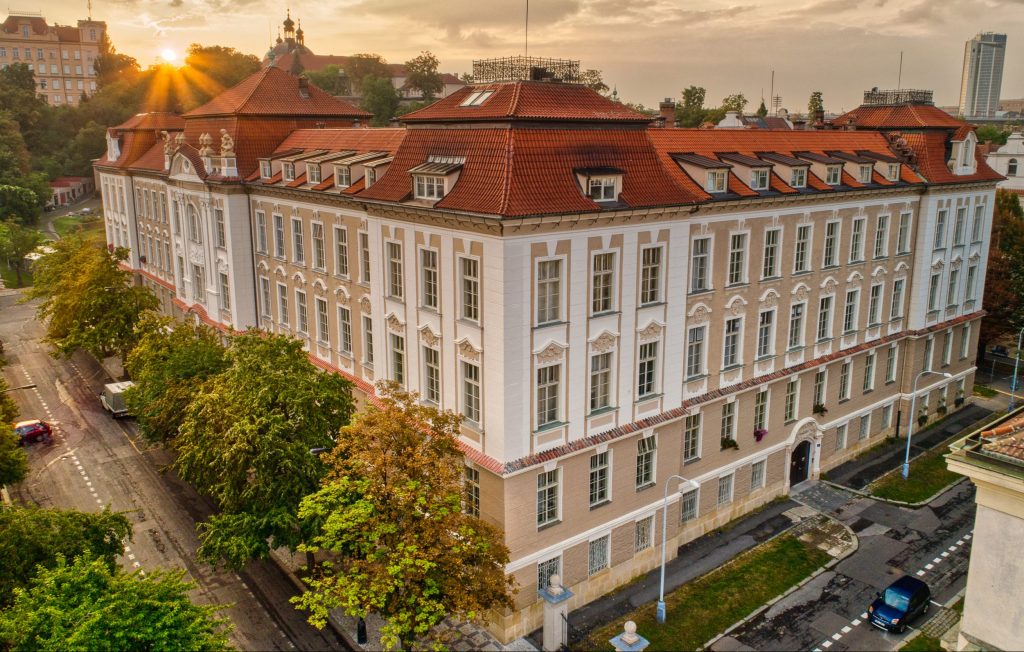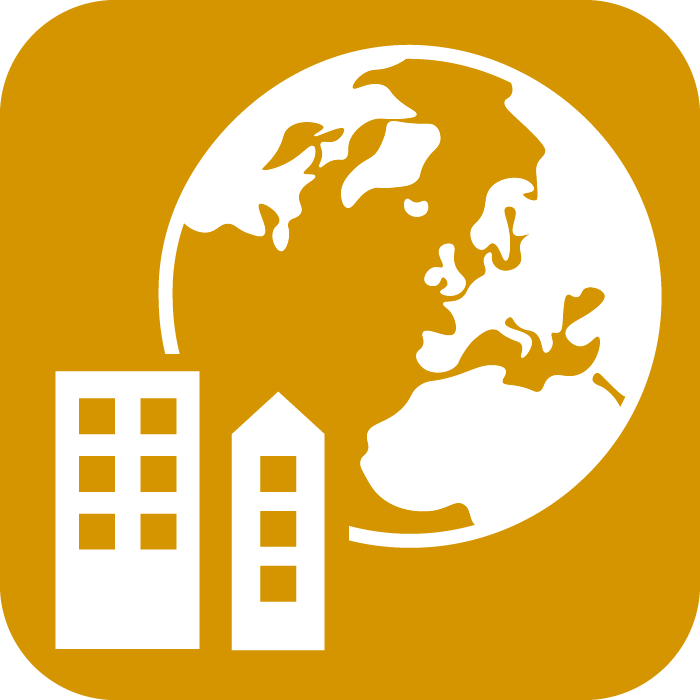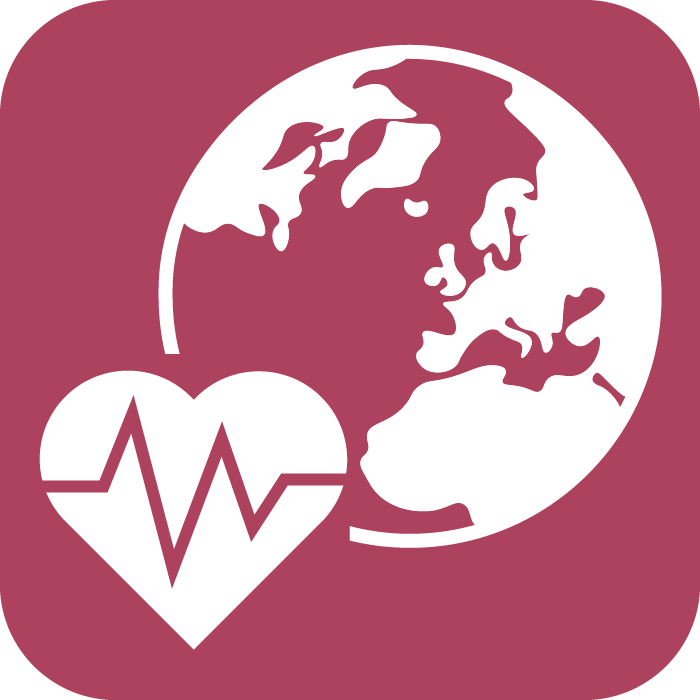Regions and localities in conditions of intensive globalization
The map applications present results of geographical research on the regional impact of globalisation, particularly in the Czech Republic and Central Europe. The map applications are thematically organised to help identify regional deficiencies in three key areas: 1) economy, 2) migration and urbanisation, and 3) demographic behaviour and health. The map applications are based on the same technology and in uniform visual form, and thus facilitate the comparison of individual results and provide a much needed and valuable comprehensive view of the regional impacts of globalisation.
Thematic areas of map applications
Processes shaping geography of economic activities
The essential aspect of globalization lies in the widening economic inequality between regions. It can be documented on production and profitability of local companies, sectoral specialization and economic activity of inhabitants, ie. on volume and character of job opportunities.
Urban space and migration of inhabitants
One of the long-term consequences of globalization is migration of people towards big cities and expansion of agglomeration zones. It leads to continuous changes in the character and functions of urban space as well as in mobility patterns between cities and their hinterlands.
Demographic behaviour and population health
Health care accessibility and quality as well as health status of people are topics which have contemporarily increased in importance regarding spatial inequalities. Moreover, the current epidemic of COVID-19 shows the value of research on spatial epidemiological patterns. Health status is also closely connected to the quality of the environment.
Motivation
Globalization has been changing economic and social structures around the world for decades. Its impact varies at the global, macro-regional, micro-regional and local levels, and also differs between territories. The geographical aspect of globalisation and its uneven impact on territories is a very important, though overlooked, issue. Economic integration exacerbates inequalities between regions within countries, leaving peripheries in particular behind in many respects. However, inequalities relate not only to economic performance, but also to the labour market, income levels, or environmental impacts, including cultural capital or health status of the population. It is becoming increasingly more clear that, even in Europe, economic disparities at regional level are becoming a threat to economic progress, social cohesion and political stability, which is influenced particularly by increasing voting preference for populist anti-establishment political parties. The attention of regional studies, as well as policymaking at European and national levels, have therefore recently focused on the future of lagging regions – not through a traditional centralist approach, but through locally specific policies promoting the use of local opportunities.
Our team

prof. RNDr. Dagmar Dzúrová, CSc.
principal investigator, member of the editorial board of the map portal, editor of map applications in the HEALTH sectionIn her scientific and pedagogical work she deals with social inequalities in the field of health.

prof. RNDr. Luděk Sýkora, Ph.D.
guarantor of the map portal, editor of map applications in the CITY & MIGRATION sectionIn his scientific and pedagogical work he deals with the transformations of post-socialist cities.

RNDr. Pavlína Netrdová, Ph.D.
member of the editorial board of the map portal, editor of map applications in the ECONOMICS sectionIn her scientific and pedagogical work she deals with the application of GIS in social geography, methods of spatial analysis and spatial aspects of regional development.

Mgr. Lukáš Brůha, Ph.D.
member of the editorial board of the map portal, coordinator of the cartographic teamIn his research and pedagogical activities, he deals with 3D visualization, generalization of spatial data and spatial databases.

RNDr. Jana Jíchová, Ph.D.
member of the editorial board of the map portal, coordinator of the creation of map applications
RNDr. Adam Klsák
member of the editorial board of the map portal, executive editor of map applications
Mgr. Aleš Bělohradský, MSc.
member of the editorial board of the map portal, coordinator of the creation of map applications
Mgr. Daniel Paluba
designer and administrator of the map portal websiteAbout the project
The project “Regions and localities in conditions of intensive globalization: their development driving forces and mechanisms”, running between 2018-2023, is supported by the program of University Research Centres UNCE/HUM/018. The aim of the project is to identify key mechanisms and outcomes of globalization processes on local, regional and national level in Czechia with particular regard to widening spatial inequalities.




